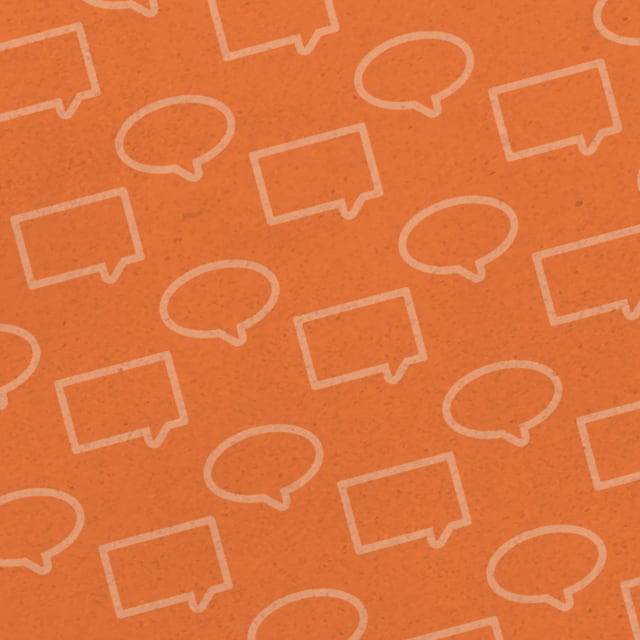Author: August Clarke
With finals approaching just around the corner, it is easy to feel as though the stress is gradually getting the best of you. When studying, it is important to have methods to reduce that stress and effectively prepare for your exams at the same time. Even if you are not in high school or university yet, developing healthy and useful study habits is important for your overall well-being.
By utilizing some of the following tips at your next exam break, it can greatly increase the effectiveness of your studying as well as decrease some of your test anxiety.
TIP #1: Plan, Don’t Cram!
Let’s face it: no one enjoys studying. Most of us merely accept it as a necessary evil that we all must endure in order to achieve success in our studies. Some days it can be difficult to find the motivation to hit the books and get down to business, but those are the days we all regret the most at 12am the night before a big test when we realize that we put off our studying for far too long.
Procrastination is quite possibly the tallest hurdle we encounter when preparing for an important test. Luckily, there is a way to clear it.
When preparing for finals, I find that one of the most effective ways for me to sidestep my tendencies towards procrastination are to create a schedule far in advance, detailing what days I intend to study which subjects. For instance, you could make time on your schedule to create flashcards for one subject and then plan to test yourself with them at a later date. Or you can plan separate study sessions for different units of a course.
Studying for a big test (especially when you have more than one) can be overwhelming, but it doesn’t have to be a big production if you remain organized. Breaking up your studying into smaller chunks can go a long way in making your studying a lot more manageable, and effective too! Odds are, you will not only be more willing to study if it is for a shorter time frame, but you will also retain more knowledge in the long run.
TIP #2: Make Sure to Take Frequent Breaks
There is a large difference between studying hard and studying well. Staring at a textbook for hours on end without looking away is not always the best way to retain knowledge and prepare for a test, and it is certainly not healthy!
Think of your brain as a runner: it cannot sustain a full sprint for an extended period of time. Your brain needs a break, too!
If you study continuously without giving your mind a chance to rest and refresh, chances are you won’t remember much of what you are reading, anyway. Instead, it is important to make sure to take frequent breaks to maintain a fresher mind and attitude. Make sure to look up from the books every once in a while and take a few minutes away from your schoolwork. Taking your dog for a walk or stopping to take a few minutes to talk with your brother can go a long way in renewing your energy and ensuring that your studying remains effective. A little fresh air definitely can’t hurt!
TIP #3: Do Not Sacrifice Your Routine
Studying is important, but it is not more important than your health. Staying up until 3am to review for your social test might seem like a good idea in the moment but – guaranteed – you will feel the consequences in the morning. Likewise, if you are stressed out about an exam you may consider skipping a meal in order to get in a few extra moments of review (or you may simply lose track of time), but – in the end – it probably will do you more harm than good.
We need the proper amount of sleep and nutrition to sustain us throughout the day. Compromising either of those things for the sake of studying will only make your brain less efficient in the end. Studies have shown that it is actually more important to receive a good night’s sleep before a test than to study for it (although … ideally, you would have room for both).
This is why it is so important to create a study schedule, as it will ensure that you are not put into a situation where you have to choose between cramming overnight or receiving the sleep that you need.
Sometimes, during exam break, teenagers feel as though they have to make the choice between self-care and studying. With these tips, you can go a long way towards finding a balance between the two! Studying hard is not the same as studying smart – hopefully there is something in this post that will aid you the next time you need to hit the books!
























